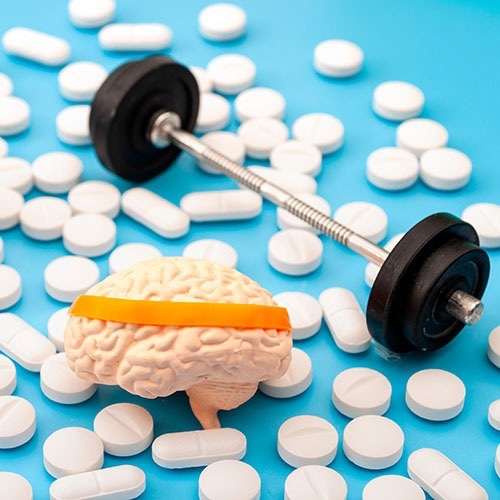University of South Australia researchers are calling for exercise to be a mainstay approach for managing depression as a new study shows that physical activity is 1.5 times more effective than counseling or the leading medications.

Image Credit: University of South Australia
Published in the British Journal of Sports Medicine, the review is the most comprehensive to date, encompassing 97 reviews, 1039 trials and 128,119 participants. It shows that physical activity is extremely beneficial for improving symptoms of depression, anxiety, and distress.
Specifically, the review showed that exercise interventions that were 12 weeks or shorter were most the effective at reducing mental health symptoms, highlighting the speed at which physical activity can make a change.
The largest benefits were seen among people with depression, pregnant and postpartum women, healthy individuals, and people diagnosed with HIV or kidney disease.
According to the World Health Organization, one in every eight people worldwide (970 million people) live with a mental disorder. Poor mental health costs the world economy approximately $2.5 trillion each year, a cost projected to rise to $6 trillion by 2030. In Australia, an estimated one in five people (aged 16–85) have experienced a mental disorder in the past 12 months.
Lead UniSA researcher, Dr Ben Singh, says physical activity must be prioritized to better manage the growing cases of mental health conditions.
Physical activity is known to help improve mental health. Yet despite the evidence, it has not been widely adopted as a first-choice treatment.
Our review shows that physical activity interventions can significantly reduce symptoms of depression and anxiety in all clinical populations, with some groups showing even greater signs of improvement.
Higher intensity exercise had greater improvements for depression and anxiety, while longer durations had smaller effects when compared to short and mid-duration bursts.
We also found that all types of physical activity and exercise were beneficial, including aerobic exercise such as walking, resistance training, Pilates, and yoga.
Importantly, the research shows that it doesn't take much for exercise to make a positive change to your mental health."
Dr Ben Singh, Lead UniSA Researcher
Senior researcher, UniSA's Prof Carol Maher, says the study is the first to evaluate the effects of all types of physical activity on depression, anxiety, and psychological distress in all adult populations.
"Examining these studies as a whole is an effective way to for clinicians to easily understand the body of evidence that supports physical activity in managing mental health disorders.
"We hope this review will underscore the need for physical activity, including structured exercise interventions, as a mainstay approach for managing depression and anxiety."
Source:
Journal reference:
Singh, B., et al. (2023) Effectiveness of physical activity interventions for improving depression, anxiety and distress: an overview of systematic reviews. British Journal of Sports Medicine. doi.org/10.1136/bjsports-2022-106195.